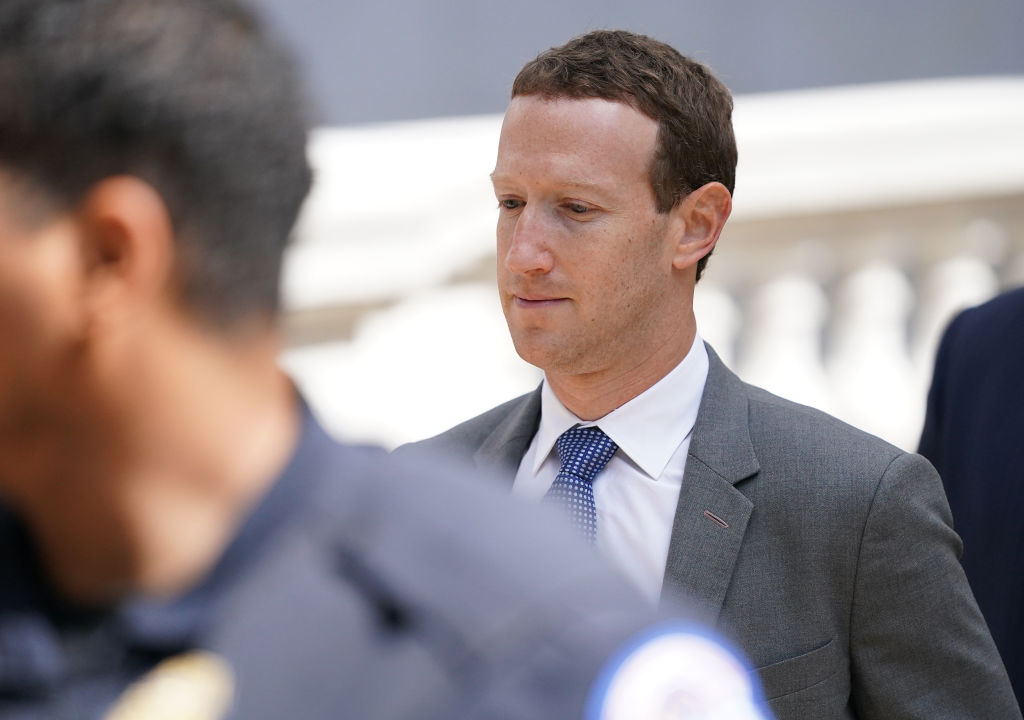General Motors (GM) and Honda Motor have discontinued their partnership to develop affordable electric vehicles (EVs) due to a slowdown in demand and changing market conditions. This decision reflects a reassessment of manufacturers’ EV goals, particularly GM’s, and comes more than a year after the alliance was first announced.
The partnership, set to begin in 2027, aimed to leverage General Motors’ next-generation Ultium battery technology to produce millions of EVs for the global market at a price point of around $30,000, including popular small crossover cars.
However, since the initial announcement, the EV landscape has presented significant challenges such as increased manufacturing costs, inadequate infrastructure, and slower-than-expected customer demand. Consequently, GM and Honda have ended their collaboration after 18 months, according to a TechCrunch report.
GM spokesperson Darryll Harrison confirmed that the decision would not impact Bolt’s initiatives. GM CEO Mary Barra emphasized this stance and their commitment to enhancing Bolt’s driving, charging, and ownership experience during an earnings call with investors.
“After conducting a thorough investigation and analysis, we have decided to end the program together. In the EV industry, all companies are still dedicated to maintaining affordability,” Harrison stated in an email quoted by CNBC.
Honda CEO Toshihiro Mibe also commented in a Bloomberg interview that the affordable EV plan “would be difficult as a business.”
Despite the cancellation of the entry-level EV initiative, GM and Honda will continue to collaborate on other projects. Examples include GM’s production of the 2024 Honda Prologue EV and ongoing partnerships in the fields of autonomous cars and hydrogen fuel cells.
Both companies have shown growing interest in autonomous cars, contrasting their scaled-back EV ambitions. On October 18, GM, Cruise, the company that manufactures self-driving cars for GM, and Honda announced the formation of a new joint venture to provide a robotaxi service in Japan. The service is expected to launch in downtown Tokyo using Cruise Origin cars in early 2026.
Meanwhile, Reuters reported that Honda’s relationship with GM and Cruise will not be affected by Cruise’s autonomous testing permit suspension in California. California banned Cruise’s autonomous vehicles from state highways due to safety concerns and misrepresentation.
In conclusion, General Motors and Honda’s decision to cancel their collaboration reflects the challenges faced by the EV industry. While their partnership for affordable EVs ends, they will continue working together on other projects such as autonomous cars and hydrogen fuel cells.

I have over 10 years of experience in the cryptocurrency industry and I have been on the list of the top authors on LinkedIn for the past 5 years. I have a wealth of knowledge to share with my readers, and my goal is to help them navigate the ever-changing world of cryptocurrencies.




